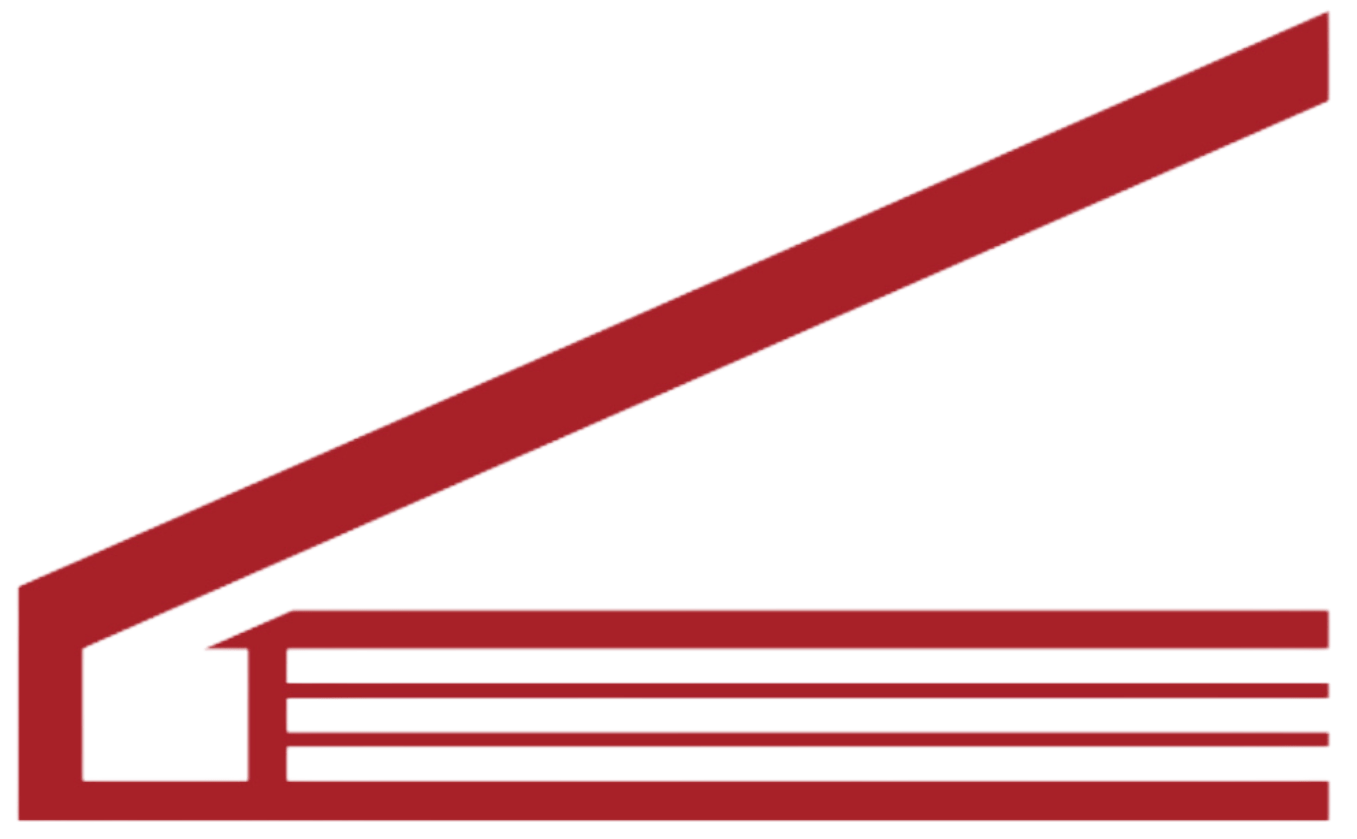Our university possesses research resources from various academic fields, including management, medicine, and social sciences. This enables us to effectively achieve cross-disciplinary technological integration. The design and planning of this degree program take into consideration the current trends in domestic industrial development and societal conditions. The aim is to create a master’s degree program with the potential for future development and competitiveness.
Aligned with the university’s strategic development plan, this degree program collaborates with professors from the College of Management and the College of Medicine. It strategically plans and designs courses based on the demands of the front, middle, and back ends of the sports industry. The goal is to equip students with the necessary skills for the sports industry.
Additionally, National Taiwan University has established partnerships with numerous outstanding international universities. In addition to regular exchanges of sports teams, there is ongoing communication in academic research and sports development. This includes topics such as the management of sports facilities at Peking University and the strategies for venue facilities and sports activities at The Chinese University of Hong Kong. These partnerships serve as topics for cross-national academic research collaboration and exchange.
In the future, the degree program will form the core of research teams, organizing regular international academic exchange activities. It aims to establish international student and scholar exchange and visitation programs to enhance the global trends in academic research and promote cross-national research capacity.
This Master’s degree program is built upon a foundation of interdisciplinary integration and cross-industry management models. It assesses the forward-looking demands of the sports and health industry and designs courses to cultivate talents in sports facilities and health management. Simultaneously, it aims to enhance industry development through research resources and practical experience, creating effective and lasting industrial value. The program establishes a close connection between teaching, research, and practical internships.
National Taiwan University possesses top research teams, international research partners, and internship opportunities. If a timely establishment of the Sports Facilities and Health Management program occurs, it can nurture talents with theoretical knowledge and practical skills in sports facility operation, sports intervention, and health management. This would reflect the needs of the times, heighten awareness of related issues across various sectors, and assist the national government and local communities in promoting holistic fitness and fostering a positive, healthy lifestyle and social environment.
The program’s objectives, educational goals, and core competencies for students are outlined as follows:
Program Mission:
In accordance with the university’s development plan, the mission of this program is to cultivate students with professional capabilities in sports facilities and health management, aiming to become a prominent center for teaching and research in sports facilities and health management across Taiwan.
Educational Objectives:
The educational objectives set by the department are to “cultivate professionals in sports facilities and health management.” Specifically, the goals of this master’s degree program include:
- Emphasizing holistic education to nurture professionals in sports facilities and health management services.
- Strengthening practical experience and project planning to enhance students’ competitiveness in the job market.
- Through academic training, cultivating academic talents in higher education.
Core Competencies:
- Knowledge and Research Skills in Sports Facility Operation and Management:
- Possessing knowledge and research capabilities in the operation and management of sports facilities.
- Planning and Execution Skills in Health Management:
- Possessing planning and execution capabilities in health management.
- Integration of Cross-Disciplinary Professional Knowledge and Applied Practices:
- Integrating professional knowledge and applying practices across sports, management, and health-related fields.
- Effective Communication and Leadership Skills:
- Possessing effective communication and leadership skills.
- Problem-Solving, Independent Thinking, and Innovative Thinking:
- Demonstrating the ability to solve problems, think independently, and innovate.
- Global Perspective and Humanistic Care Attitude:
- Having a global perspective and an attitude of humanistic care.
